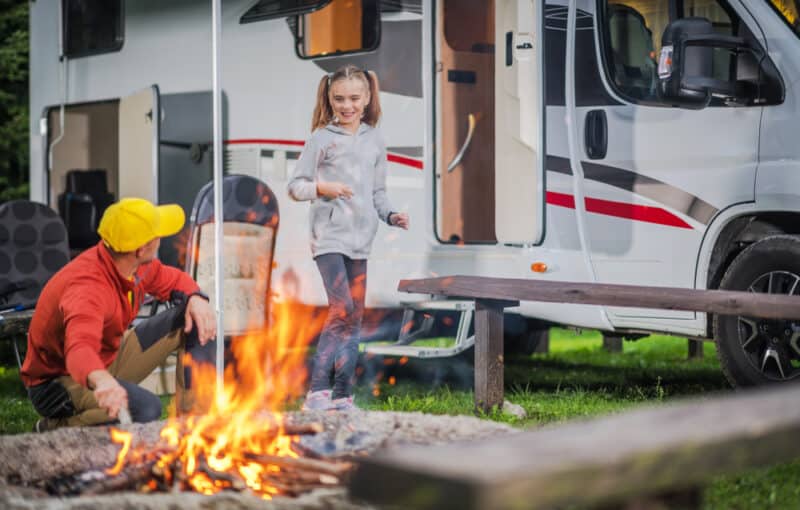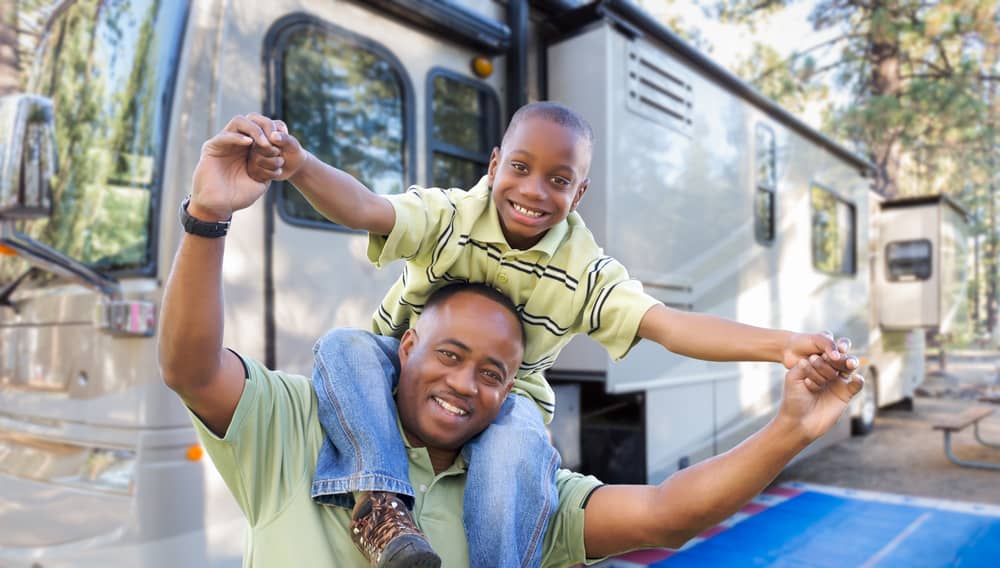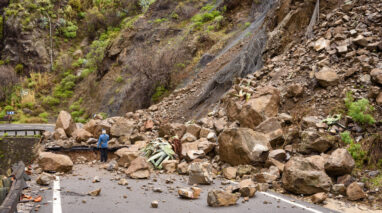Blog
What Do I Need to Know Before Buying a Motorhome in Washington?

You should have an idea of whether you want new or used, how many people you intend to sleep in it and how much you want to spend on your new RV or motorhome.
Let’s start with a definition: A motorhome is a self-propelled recreational vehicle, or RV. What that basically means is that you’ve got living quarters behind the driver’s seat.
If you’re a Washington state resident considering buying a motorhome, you probably already know you’ve got plenty to think about in addition to the whole issue of RV insurance in Washington.
So we’ll go into that as well as three other topics that should be top of mind as you go shopping online or in the dealerships for the road vehicle of your dreams.
1. What RV Are You Buying?
This includes debating whether you’re going to buy new or used. Keep in mind that new RVs in Washington start at about $100,000. You can spend less—much less—by purchasing a towed camper or trailer.
Of course, the lower-priced alternatives don’t come close to the five-star luxury associated with the plushest RVs. Some come with queen or even king-size beds, full bathrooms, spacious floorplans, and flat-screen televisions throughout.
Another issue worth thinking about is what you (or your spouse) can realistically drive. RVs can range in length from twenty-five to forty-five feet. That extra twenty feet can mean heaven in terms of living comfort and hell to whoever will spend most of the time behind the wheel. Now imagine driving into a heavy rain or an early snowstorm – which is quite possible in Washington.
Our advice would be to always test drive a vehicle that draws your interest to see if you can operate it safely.
2. How Will Your RV Be Used?
This is related to the first question, but now we’re focusing on whether you’ll mostly be driving or parking. That is, are you hitting the open road with your Washington RV and going on cross-country journeys for weeks, months, or a year at a time? Or will you mainly take it to nearby RV communities for brief and occasional weekend trips?
To put it another way, will your new purchase be used primarily for transportation or for long-term living quarters? That will determine whether you might want to invest in luxury interiors or you consider scaling down in size (and comfort) to save money on fuel.

3. What Your RV Will Really Cost in Washington
By this, we’re looking at the sticker price and well beyond. It might be shocking to spend as much as you might have spent a few years ago for a home on a…vehicle. But if that vehicle will serve more like your home for extended periods of time, then the expenditure of $100,000 or more might not seem quite so painful.
However, if you basically see your RV as being a weekend retreat a few times a year, maybe that hefty cost can’t be so easily justified. So talk it over and see if you think your plans justify the expense.
Now consider the hidden costs beyond what you’ll pay for your new or used RV. These can include:
- Fuel and propane
- Campground fees
- Insurance (more on that later)
- Motorhome or RV Maintenance
- Licensing and associated annual fees
- Storage or parking
Those at least start the conversation. You’re best off drawing up a list or spreadsheet of expenses and doing the math yourself. If you don’t know certain costs, you can usually find them online or ask your dealer or RVing friends.
Yes, it’s expensive, but you can offset some of the cost. For instance, you won’t be staying in motels or hotels. And if you pick up food at supermarkets, you can prepare your meals rather than always eating in restaurants as you’d have to do if you weren’t more or less driving your own kitchen.
Now Let’s Discuss RV Insurance in Washington
One of your first phone calls after you’ve settled on a few choices of RVs should be to your trusted motorhome or RV insurance agent. Your agent will be able to give you cost quotes for each. The cost to insure the vehicle could steer you to one model or away from another.
Keep in mind, your RV insurance in Washington works in some ways like your car insurance — financially protecting your vehicle from collision damage and other damages. But in other ways, it’s more like your homeowners insurance, covering you against break-ins, theft, and vandalism while parked.
Also, consider the unwieldiness of driving a vehicle that might be 45 feet long. There’s plenty of room for driver error leading to damaging your own RV or other vehicles or property.
Find Affordable Motorhome or RV Insurance in Washington Today
At Vern Fonk Insurance, our agents are independent. That means that they can offer you the most affordable RV insurance for Washington motorists from multiple major insurance carriers.
Call us at (800) 455-8276 or get a free motorhome/RV insurance quote online. You can also find the Vern Fonk Insurance office nearest your Washington home.


